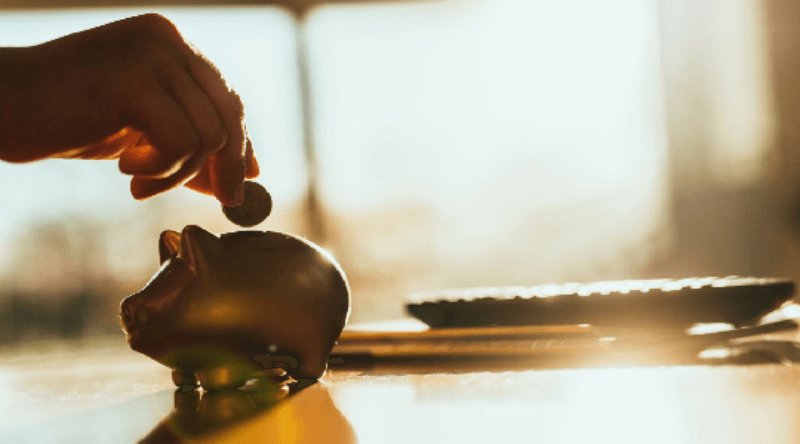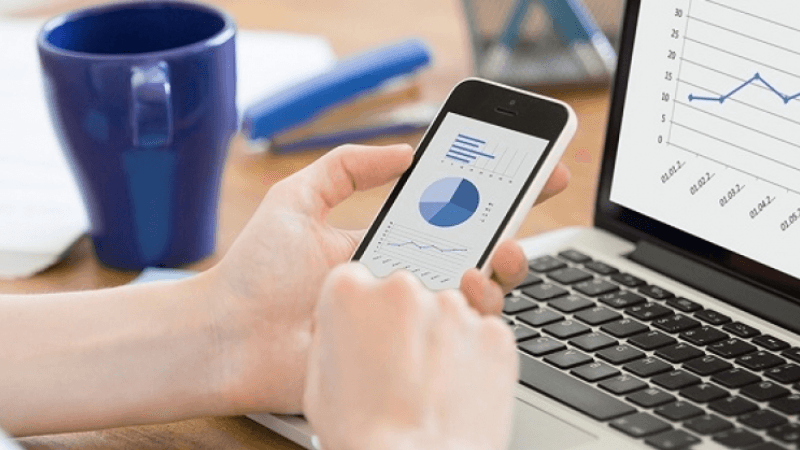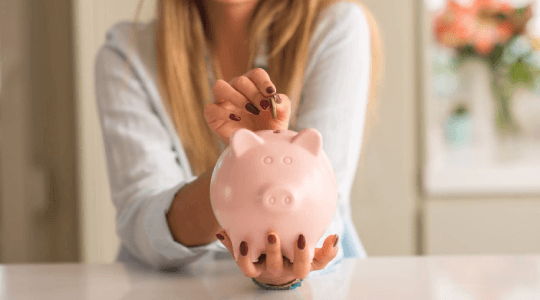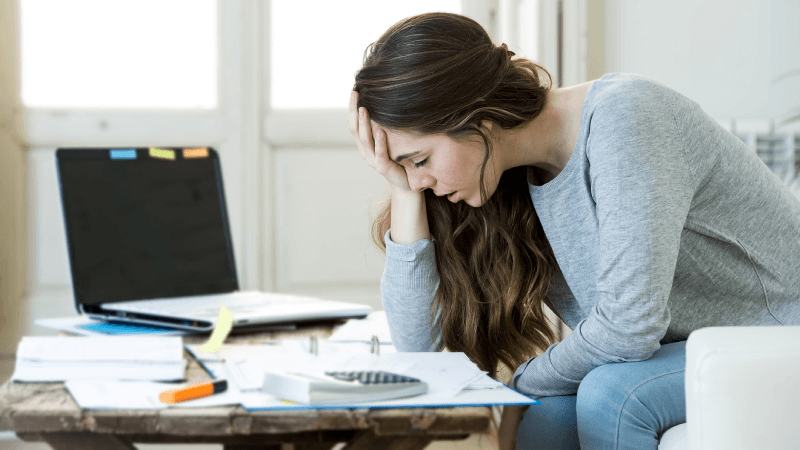
Do you already have an emergency fund? If not, it is important that you consider the option of creating one as soon as possible. In this article we will explain why it is so important to have an emergency fund and give you some tips on how to create one that fits your needs.
Importance of having an emergency fund
Having an emergency fund is essential to be prepared for unexpected situations that may affect our economy. This fund allows us to face unforeseen expenses, such as a car breakdown, illness or job loss, without having to resort to loans or get into debt.
In addition, having an emergency fund gives us peace of mind and financial security, since we know that we are prepared to face any eventuality. This reduces our stress and allows us to focus on other important areas of our lives.
To create an emergency fund, it is advisable to allocate between three and six months of fixed expenses for this purpose. That is, if your monthly expenses are 1000 euros, you should have between 3000 and 6000 euros in your emergency fund. This amount may seem high, but it is important to remember that it is an investment in our security and economic stability.
To keep our emergency fund always available, it is advisable to keep it in a separate and easily accessible bank account. It is also important not to use this money unless it is really necessary and to replenish it as soon as possible if any withdrawals are made.
In summary, having an emergency fund is key to good financial management and reducing stress in unexpected situations. Although it may take time to gather the recommended amount, it is an investment worth making for our financial security.
How to create an emergency fund
An emergency fund is a reserve of money to be used exclusively in unforeseen situations. It is important to have one to avoid getting into debt or having to borrow in case of an emergency. Here's how to create one:
- Set a goal: Decide how much money you want to save and for which situations you will use it.
- Create a budget: Analyze your monthly income and expenses to determine how much you can save each month.
- Open a savings account: It is advisable to open a savings account separate from your checking account to avoid spending money intended for the emergency fund.
- Save regularly: Set a fixed amount to save each month and make it part of your monthly budget.
- Don't use the fund unless necessary: Use the fund only in unforeseen and urgent situations. Avoid spending it on unnecessary purchases.
Having an emergency fund can give you financial peace of mind and protect you in case of unforeseen events. Start building yours today!






